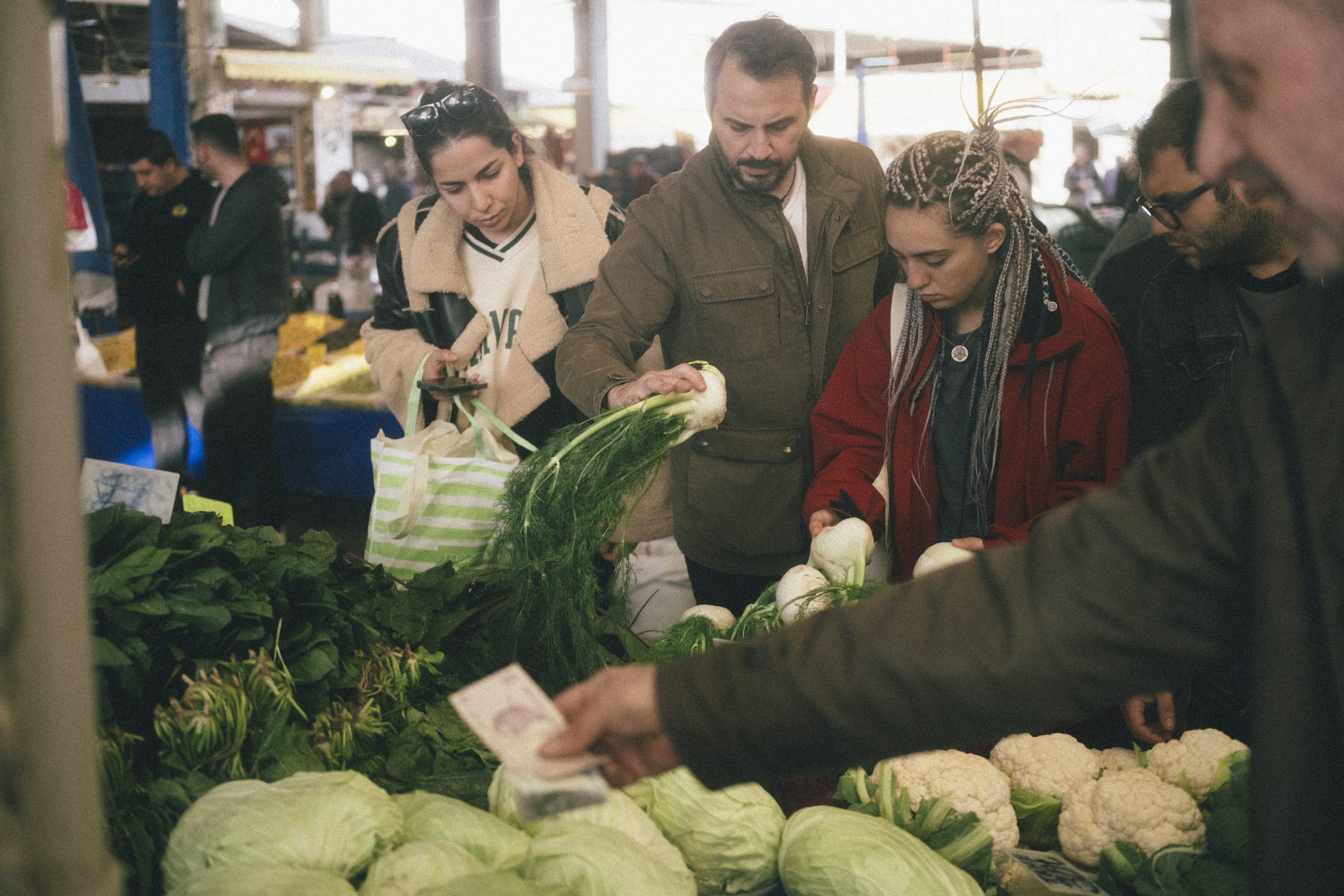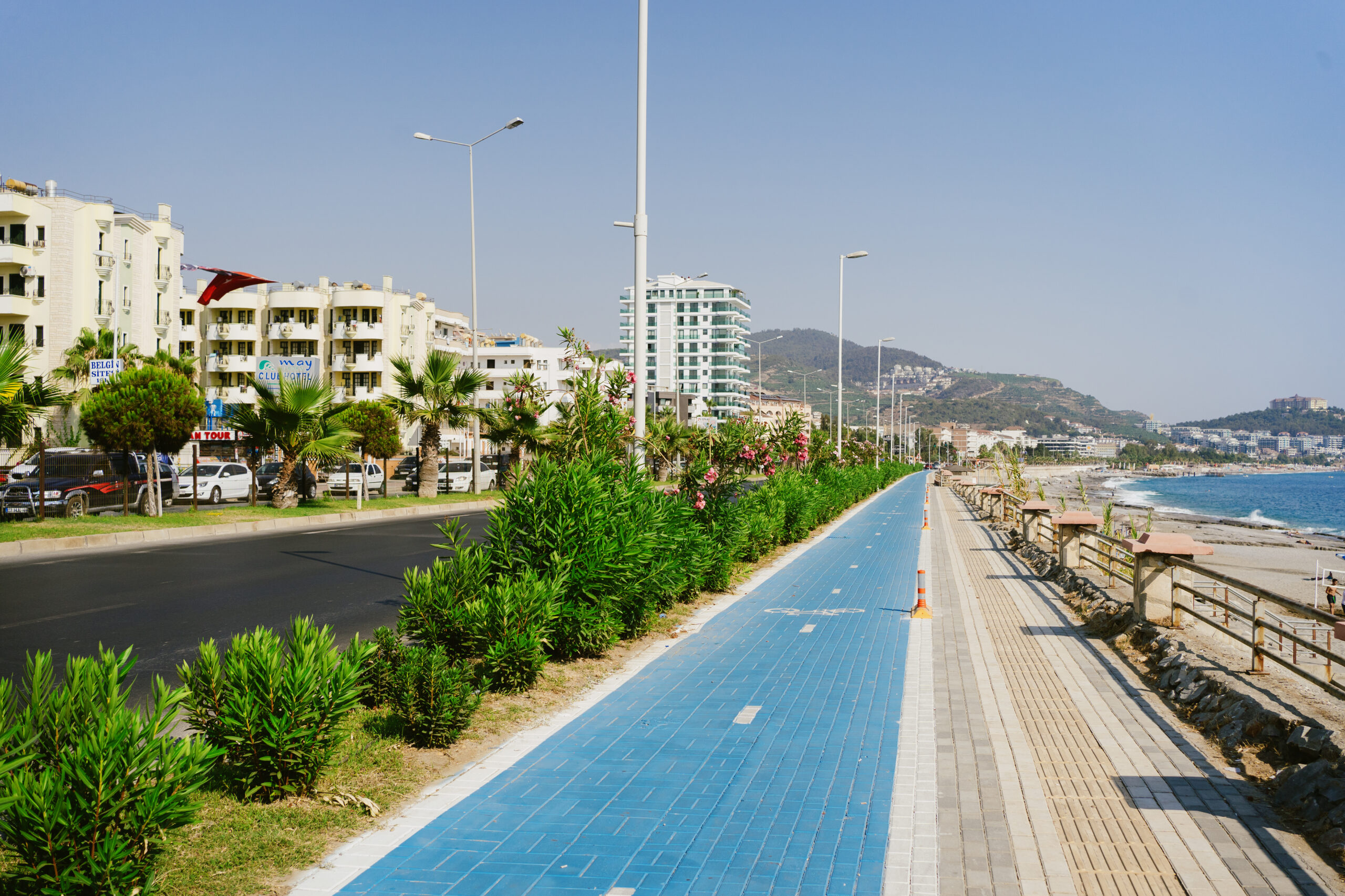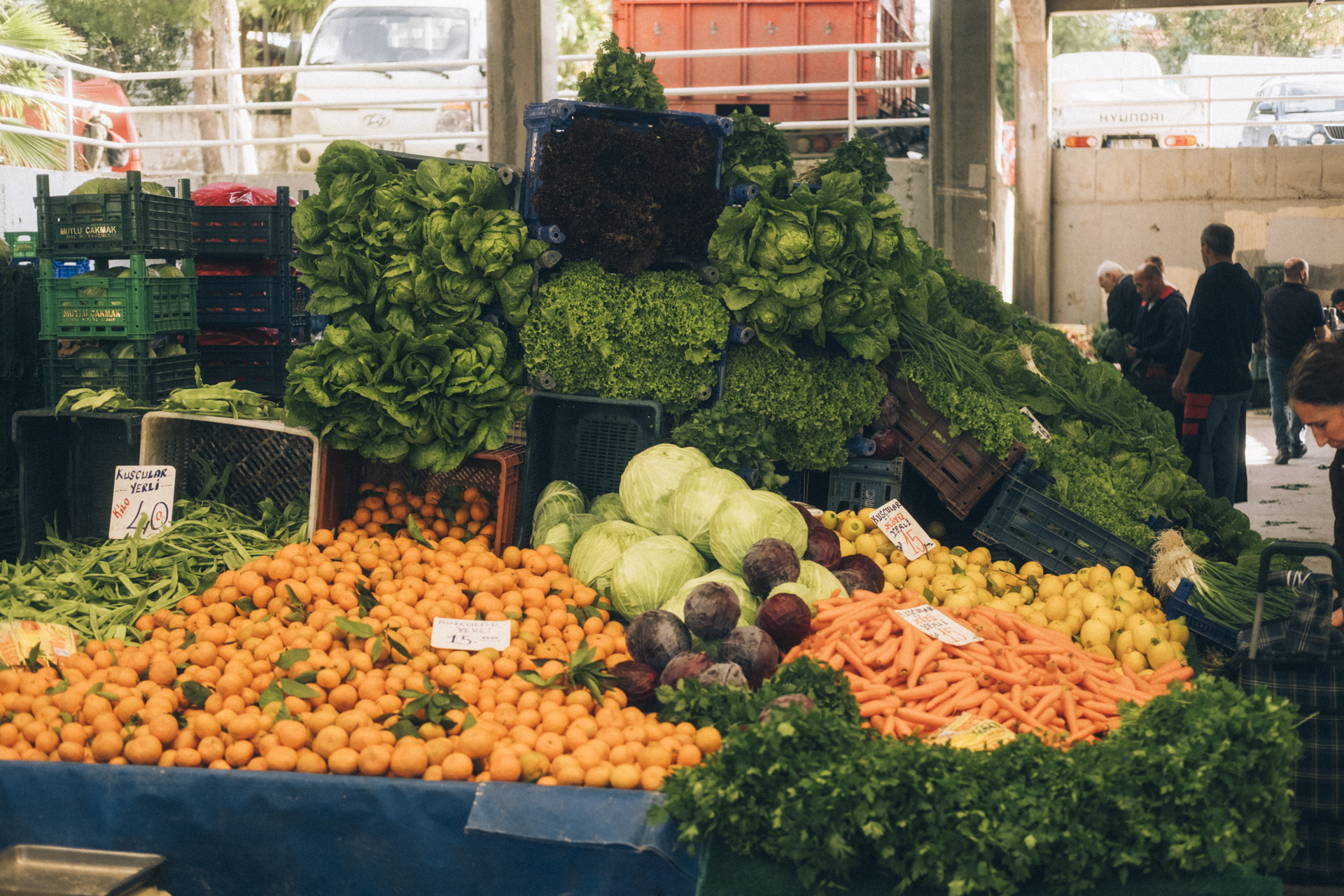When you need cash:
-anything smaller than a small town
-local markets
-tiny vendors
-some public transport, such as a dolmuş or minibus
-tipping anywhere
-taxis (unless you’re using BiTaksi or Uber, most taxis still only take cash)
In bustling cities and tourist centers, your card is more than welcome. Contactless payment is becoming more popular but not as widely accepted as a lot of other countries. Sometimes your foreign credit cards will have a spending limit and won’t be accepted. It’s highly recommended to have a backup method of payment, even if you’ve double checked with your bank.
Some other notes about paying for things:
-When online shopping, some local platforms don’t want to accept your foreign card.
-Even if you don’t have to sign for a card purchase in your home country, you might have to here, or vice versa.
-ATMs are available and accept international cards, just keep an eye on those transaction fees.
-Need to exchange currency? Major cities and tourist areas will accommodate you. Pick a currency exchange office over a bank for a better deal.
-Travelers’ Cheques – Who are you? If you’re considering travelers’ cheques, don’t. Regular checks? No. Sorry boomers. Stop your nonsense. Fun fact, Turkey has not used things like checks, fax machines, paper billing, etc. for quite some time. If you’re from the U.S. and below the age of middle age, you’re probably very jealous of this fun fact, or you’re too young to know what those things are.
Two final yet seriously important tidbits
-Cash is preferred a LOT of the time. Some shops might even offer a cheaper price if you pay in cash. This is so they can avoid fees- it makes life a lot easier for them.
-Keep change (coins as well as small notes) on you as much as possible. Big bills might earn you a frown or even a polite refusal. Retailers typically have a very small stash of cash and sometimes can’t break your bills.
 Photograph by Burçin Esin
Photograph by Burçin Esin

